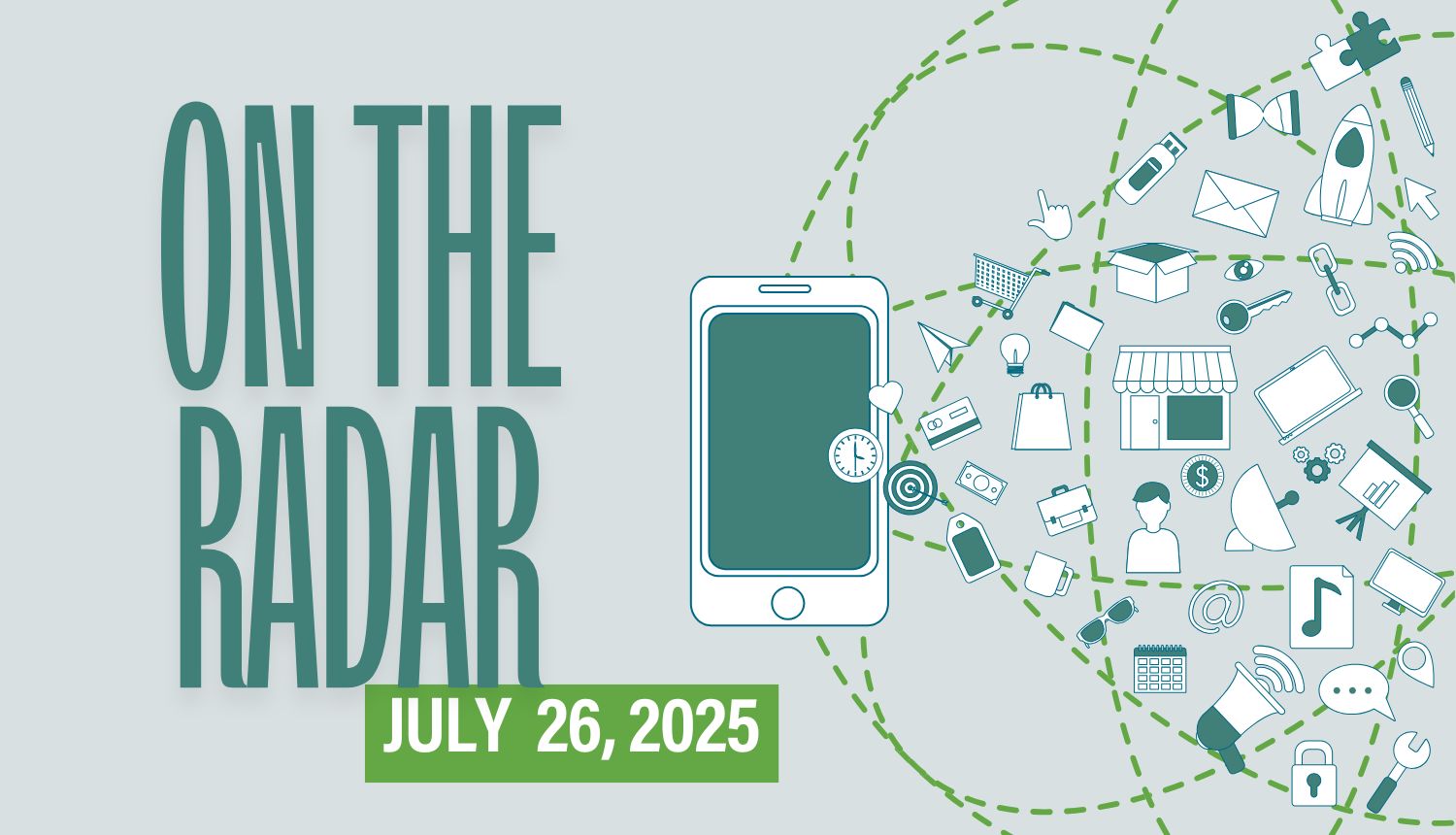Teen Texting Codes Parents Should Know About
What? We’re all pretty familiar with the use of emojis and acronyms in texting. Since the early 2000s, teens have been driving their parents mad through the use of these “texting codes.” Most of them are pretty harmless: LOL means “laugh out loud.” Some can be a bit cruder: Sorry, but WTF does not stand for “why the face?” However, some go even deeper, hinting mental unwellness or even suicidal ideation.
So What? According to experts, there are a few codes that parents should never ignore, including: KMS (“Kill myself”); KYS (“Kill yourself”); “unalive” (“kill” or “dead”); “sewerslide” (suicide); “grippy sock vacation” (code for a stay in a psychiatric treatment facility); “Menty B” (“mental breakdown”); “I had pasta tonight” (another way of saying, “I had suicidal thoughts”); and “I finished my shampoo and conditioner at the same time” (which loosely translates to “I’m having suicidal thoughts”).
Now What? If one of these phrases pops up in your teen’s messages (or those of their friends), don’t freak out or assume the worst. “A single acronym or code rarely tells the whole story,” says Erin Walsh, author of It’s Their World: Teens, Screens, and the Science of Adolescence. Rather, talk to your teens about what they’re saying and what they’re feeling. Reassure them that you are there to support them and help them to determine next steps. And, if necessary, reach out to a mental health expert for help.
Millennials Warn Younger Gens Against ‘Y2K Skinny’ Trends and Fat-Shaming
What? A couple of years ago, Gen Z (and, to a lesser extent, Gen Alpha) brought back the fashion of Y2K, aka Millennials. With that came a whole host of backlash, namely because it also brought back “Y2K Skinny” ideals, wherein many women starved themselves or exercised obsessively (often both) in the hope of attaining a size 0 waistline.
So What? Unfortunately, those thin beauty standards haven’t relaxed, and they’ve continued to influence young girls and women. And according to Newsweek, there’s a new viral trend on social media: “AI-generated videos of people who are overweight in social scenarios where they are causing chaos, seemingly as a result of their size.”
Now What? The problem with videos like this (one such video had been viewed more than 4 million times), #SkinnyTok (which has been banned from TikTok) and the proliferation of weight-loss drugs (such as Ozempic) trending is that it “sends a message that it’s OK to laugh at fat people,” one expert said. It “implies that fat people are fair game—they can be blamed and shamed.” But fat-shaming, which is often treated as socially acceptable, especially when the shamer says he or she is concerned for the overweight person’s physical health, “cuts deep and has impact that is at least as harmful as other forms of discrimination.”
‘Coldplaygate’: How to Walk Our Teens Through the Drama
What? Unless you live under a rock, you probably heard about the drama at the Coldplay concert last weekend. Andy Byron (the married, now-former CEO of the AI company Astronomer) and Kristin Cabot (Astronomer’s head of human resources) were caught canoodling by the venue’s Jumbotron.
So What? The video, in which both parties try and fail to evade the camera, prompted Coldplay frontman Chris Martin to joke, “Either they’re having an affair or they’re very shy,” has been circulating ubiquitously online. Unsurprisingly, the flood of resulting comments about the affair has still yet to recede as internet sleuths and brand experts weigh in. Some brands are even cashing in on the drama, creating spoofs of the video (perhaps most notably, the Philadelphia Phillies’ mascot).
Now What? Here’s some food for thought for parents of teens: Obviously, there’s the extramarital affair itself. But then there are the families and friends of those involved. While the rest of us will move on to the next internet drama tomorrow, those people’s lives will be forever impacted. So should we be gossiping/commenting about it, or praying for those people and trying to find something positive to talk about instead? Moreover, this incident illustrates how in today’s digital culture, any moment you think is private—be it a conversation on a plane or even an encrypted text message—can become public at any moment. As Kyndall Cunningham wrote for Vox, “Everyone is at risk of becoming a main character online.”


